At SMS Varanasi, we are seeing that many students, who take admission to our BA (Mass Comm) course, want to make a career in Digital Communication. As Mass Communication students, we want you to be aware that the world of media is rapidly changing. And what can be a more interesting way to understand how the field is changing than by watching movies?
So, here we bring you some of the best movies for media students with important insights and lessons to prepare them for the near future:
1. The Social Network (2010): This biographical drama is about Mark Zuckerberg, how he came up with the idea of Facebook, and how he went about setting it up. It was written by Aaron Sorkin and directed by David Fincher.
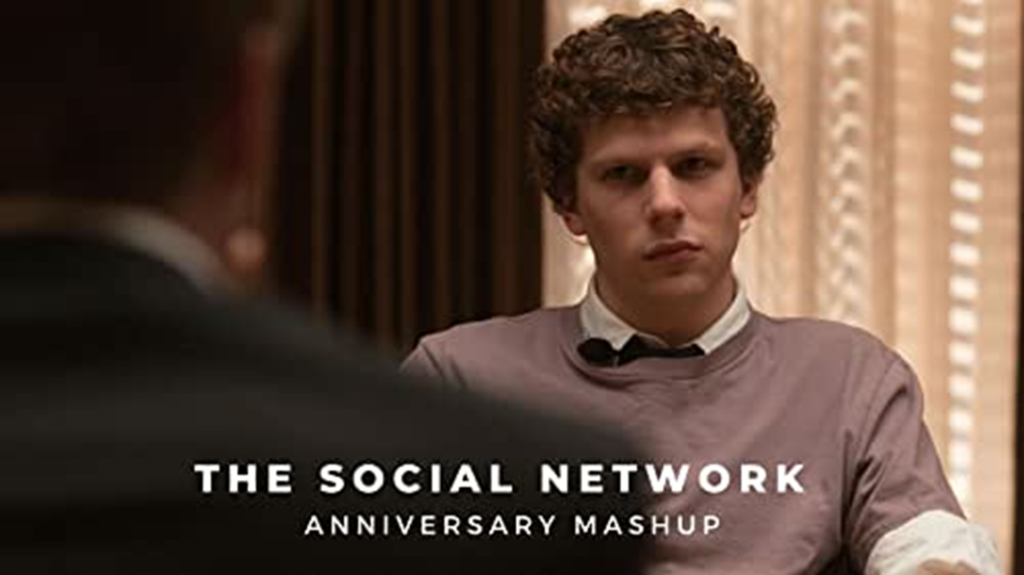
The movie shows his fallout with the founding members and the subsequent lawsuits were filed against the company. The movie was nominated for eight Academy Awards, including Best Picture, Best Director, and Best Adapted Screenplay.
On one hand, you see the story behind the creation of one of the most phenomenal tech companies in the world, and on the other hand, you see what ambition can do to friendships.
Some things Mass Communication students can learn from this movie are:
- The importance of understanding your audience: In the movie, we see how Mark had a deep understanding of his targeted audience and what they wanted. He worked on finding solutions to their problems.
- The power of social media: The movie shows how social media was developed to help people connect easily and build relationships – and also hints at its dark side (like the website Mark developed in which students rated the hotness of girls).
- The importance of ethics in the field of mass communication: This movie raises many fundamental ethical questions related to social media, including copyright issues, privacy issues, and the spread of misinformation.
It is one of the best movies for media professionals who can take a few leaves out of Mark’s story on how to do product development, marketing and branding of new, innovative digital products.
2. Coded Bias (2020): This documentary film revolves around algorithmic bias in facial recognition technology and how it has seriously sabotaged the lives of a few people in the real world. Directed by Shalini Kantayya, this film mainly focuses on the issue of racial and gender bias in this technology.
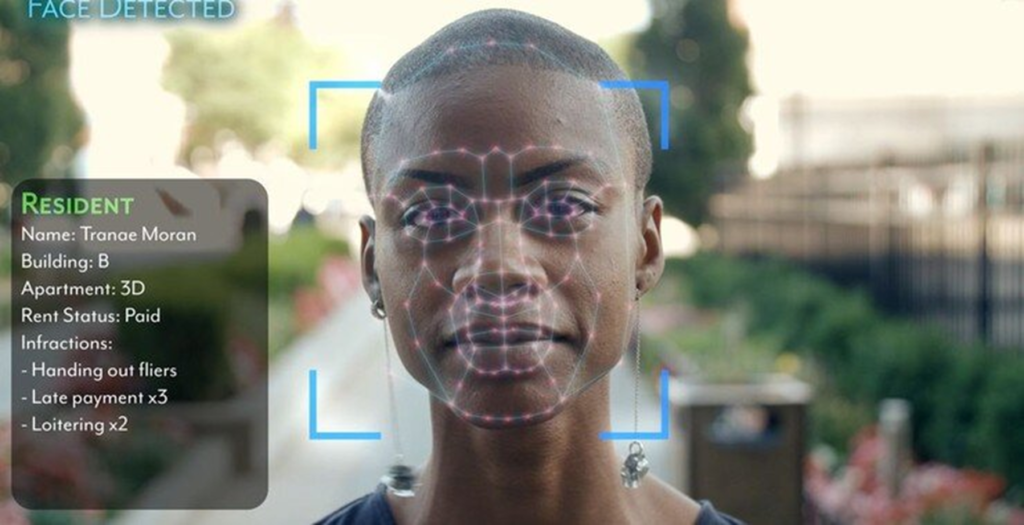
Joy Buolamwini, a computer scientist and MIT researcher, discovered that most facial recognition algorithms were more accurate at recognizing white male faces than dark-skinned female faces. This discovery opened up a whole new pandora’s box on its potential dangers when used for racial profiling and mass surveillance.
This documentary features experts’ opinions and insights on the subject as well as interviews of victims of this algorithmic bias of AI-based facial recognition technology. It shows how automated scanning of resumes and credit card applications can lead to discrimination against certain groups of people due to these biases – including women and people of colour.
It is no wonder that it won several awards, including the Tribeca Film Festival Audience Award for Documentary Feature. If you are planning on making a career in Digital Communication, this documentary can teach you:
- To be aware that algorithmic biases exist: Whether you are in digital journalism or management or researching on any topic, you need to understand that algorithms may sometimes filter out things inaccurately.
- Importance of transparency in algorithms and testing them for biases: Algorithms impact decisions of stakeholders as well as end-users. Hence, it is very important for them to be tested for potential biases by testing them on diverse datasets and testing for patterns – and being transparent about the results.
- Be the advocate for change: Digital communication experts, including tech and media professionals, need to advocate for changes if they observe any algorithmic bias in action. Besides, they should be aware of different types of biases (such as implicit bias or even unconscious bias) and try to avoid them.
BA (Mass Comm) students at SMS Varanasi learn to be mindful of their language and avoid the use of discriminatory or offensive words. They also learn to use images of a variety of people from different backgrounds to be more inclusive.
We teach our students to use their digital communication expertise to amplify the voices of marginalized groups and share their stories – and do their bit in making digital platforms fair and equitable for everyone.
3. The Great Hack (2019): Did you hear about the Cambridge Analytica scandal? It was about harvesting and using the data of millions of Facebook users without their consent. It was then used to manipulate voters using political ads during the 2016 US Presidential Election. This documentary explores that scandal.
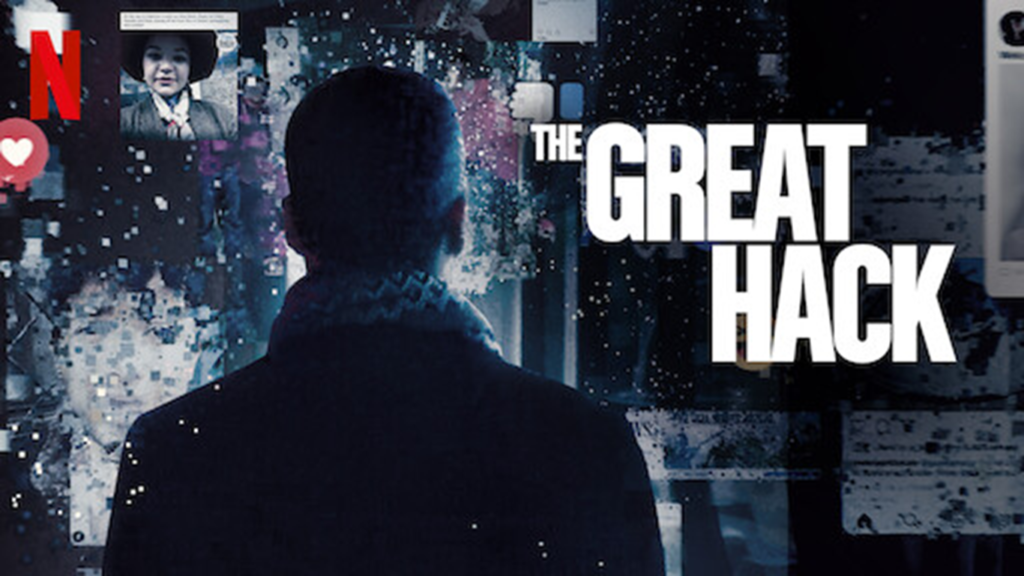
Karim Amer and Jehane Noujaim directed this movie that follows the stories of several people, including David Carroll (a Professor trying to find what data Cambridge Analytica has on him) and Brittany Kaiser (a former Cambridge Analytica employee and a whistleblower).
It is one of the best movies for communication professionals if they want to see the dark side of social media and how it can destroy the delicate fabric of our democracy.
Some of the things journalism and Mass Communication students can learn from this documentary film are:
- Loopholes in data privacy and protection measures: This documentary showcases how easy it is to collect and use people’s personal data to manipulate them (or for other reasons). Media professionals should be aware of the importance of data privacy, the potential dangers of data breaches, and how to protect themselves and their sources.
- The looming danger of fake news, propaganda, and misinformation: The Great Hack shows how social media platforms are used for unethical purposes. Mass Communication students should be able to stand up to this challenge, identify such instances, and debunk them with factual and accurate news.
- Investigative and data journalism. This documentary shows the excellent work done by investigative journalists and data analysis experts to uncover hidden patterns and complex cases related to the Cambridge Analytica scandal. BA (Mass Comm) students will certainly love it and be inspired by it!
4. Snowden (2016): Edward Snowden was a former CIA employee and also a subcontractor for NSA (National Security Agency of the USA). He came to light for leaking classified information to the media in 2013. This biographical movie directed by Oliver Stone and written by Stone and Kieran Fitzgerald has all the elements of a thriller.
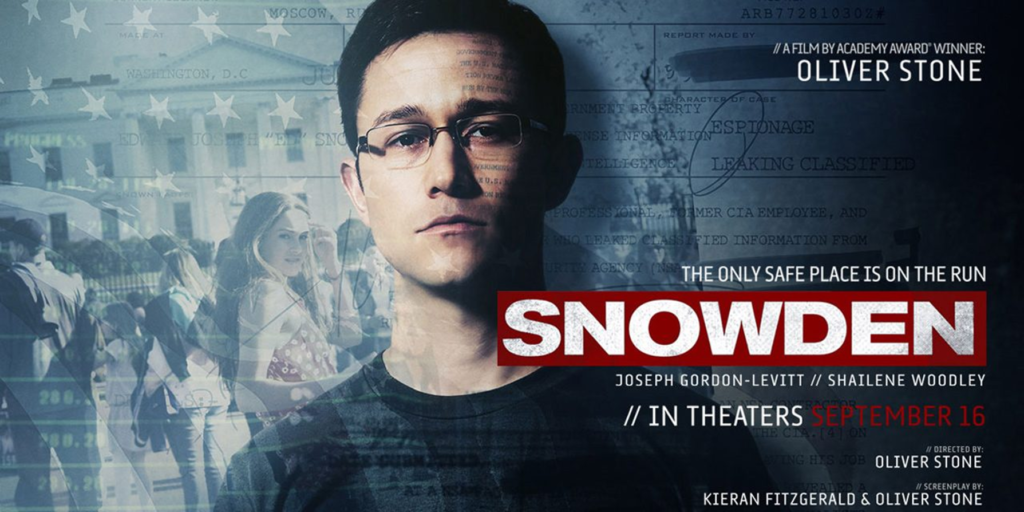
Snowden follows the journey of the protagonist from being an army recruit to exposing America’s surveillance programs after becoming disillusioned by them. The movie also discusses the personal and professional consequences Snowden faced due to this big leak.
The movie became an instant hit. It grossed over $51 million worldwide and was nominated for four Academy Awards, including:
- Best Picture,
- Best Director,
- Best Adapted Screenplay, and
- Best Supporting Actor for Zachary Quinto.
If you want to become an investigative journalist, you must watch this movie to learn:
- The importance of protecting your sources: In the movie, we see how Snowden went to great lengths to protect his sources. He used anonymous email addresses and encrypted his communications. For future investigative journalists, protecting their sources (including powerful individuals and organisations) should be the first priority.
- The need for courage and conviction: Whistleblowers and investigative journalists have always been prime targets of some of the most powerful authorities. You need to understand that if you work on a sensitive or dangerous topic, your life, property, and freedom might be at risk. Hence, you should have complete conviction in your work and be courageous to accomplish your goal.
- The importance of telling the truth: Media is known as the fourth pillar of democracy for a reason. It takes the responsibility of telling the truth – no matter how unpopular, inconvenient, and dangerous it gets. Snowden leaked classified information because he believed that the public had a right to know the truth about the US government’s surveillance programs.
Investigative journalism is quite demanding. You may end up working long hours collecting large amounts of information and interviewing multiple sources.
You also have to be persistent to overcome challenges like legal threats and uncooperative sources. And you need to be fair, accurate, and mindful of what you are reporting – as it can have far-reaching consequences on individuals as well as organizations.
5. The Fifth Estate (2013): Prior to Edward Snowden, Julian Assange founded a website that was dedicated to leaking classified information. It was called WikiLeaks. Again, a biographical thriller movie, it was written by Josh Singer and directed by Bill Condon.
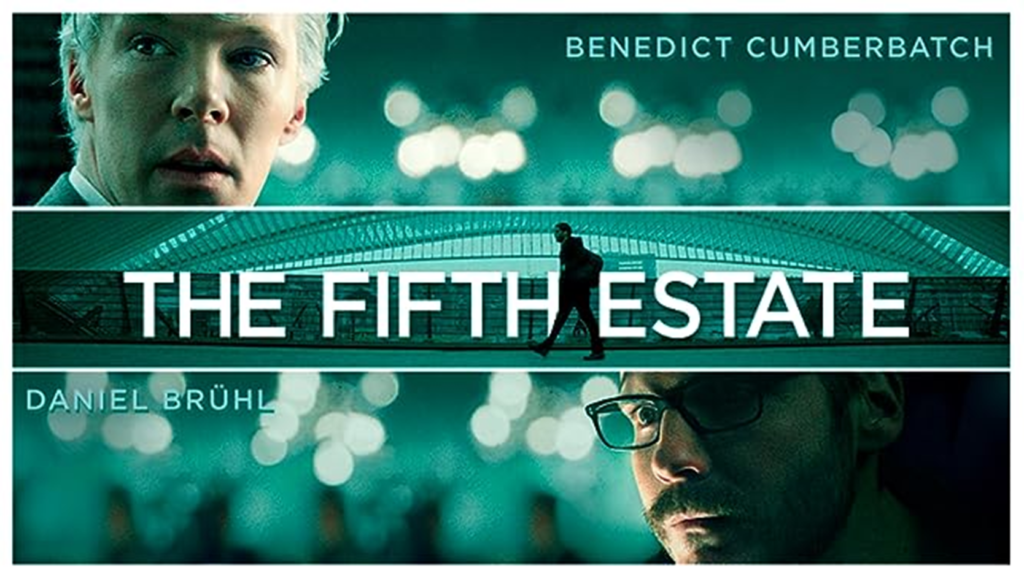
The film tells the story of how WikiLeaks rose and fell. It talks about the early days of the website and its making to the role it played in the 2010 US Presidential Election. It also showed how Assange’s relationship soured with Domscheit-Berg (who was the spokesperson for WikiLeaks from 2007 to 2010.
The latter did not like Assange’s leadership style and was unhappy with the website’s lack of transparency. The reasons why we think this is one of the best movies for media students are:
- Learn the ethics and dangers of investigative journalism: The Fifth Estate shows that while WikiLeaks is known for exposing government corruption and wrongdoing, it is crucial to be completely transparent and abide by the same ethical standards to achieve long-lasting success in the field.
- Understand the power of the Internet: This movie shows how the advent of the Internet has changed how news is reported and consumed. It offers some strong insights for future media professionals.
- How to use social media to share the story and build a following: We see how WikiLeaks used social media to build a community around what they were doing. It is a good movie to watch if you want to learn how to harness the power of social media to share your story and garner protection as an investigative journalist.
Conclusion
You do not find everything in books. If you want to step into a digital media career, you should harvest different sources to learn about your field (or any topic you are working on). These are some of the best movies for communication professionals but the list doesn’t end here. If you want other movie recommendations, feel free to connect with us.





